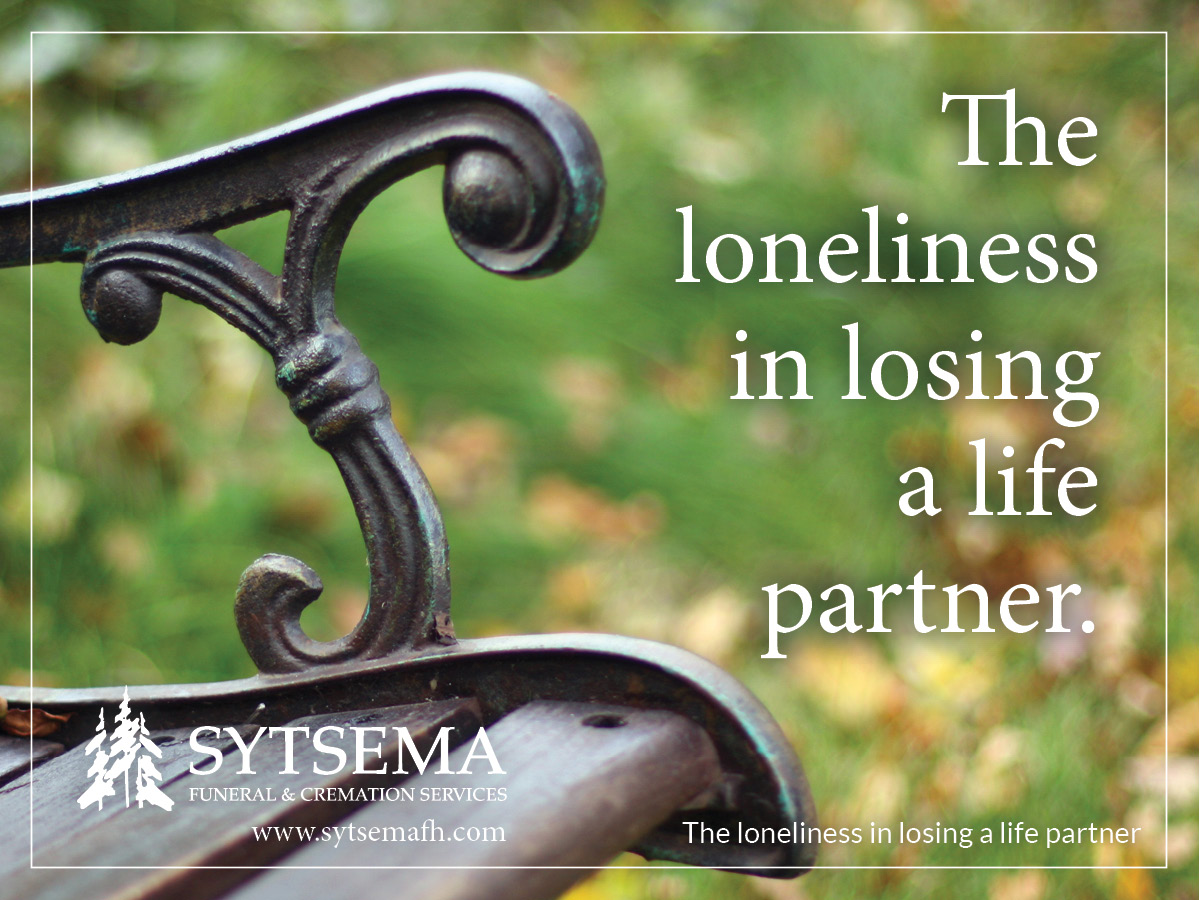
The Loneliness in Losing a Life Partner
Posted on March 3, 2022 by Sytsema Funeral Home | Leave a comment
Posted under Uncategorized
To say one “feels lonely” after losing their life partner is an understatement, especially if you have been happily married for many years. In time, however, you may find yourself at a crossroads. On one hand you can’t imagine life with another partner while on the other you hand you can’t bear this loneliness. You […]
Continue Reading
What is Direct Disposition?
Posted on February 17, 2022 by Sytsema Funeral Home | Leave a comment
Posted under Funeral
What is direct disposition? Who can provide this service? When does direct disposition make sense? Direct disposition is a term used to describe burial or cremation that takes place directly following death. The deceased is removed from the place of death and taken directly to be either buried or cremated. There is no preparation of […]
Continue Reading
Why Using a Family Owned Funeral Home Matters
Posted on February 4, 2022 by Sytsema Funeral Home | Leave a comment
Posted under Funeral Service
If you are like most Americans you are probably shopping local, but maybe you have not stopped to think about why you are drawn to working with local businesses. Researchers tell us local businesses are more likely to utilize other local businesses, making our communities stronger. For every $100 you spend at a local business […]
Continue Reading
Thinking of your own mortality
Posted on January 20, 2022 by Sytsema Funeral Home | Leave a comment
Posted under Dealing with Loss
According to the Center for Disease Control, the average life expectancy for a person living in the United States is 78.6 years. Women on average live slightly longer than men. Our own mortality is not something most people think about on a daily basis. However, it is something that bubbles up in our consciousness from […]
Continue Reading
Jack be Nimble & Quick … get your affairs in order!
Posted on January 7, 2022 by Sytsema Funeral Home | Leave a comment
Posted under Advance funeral planning / preplanning
One thing we have come to realize this year is the value of being nimble, agile or light footed. Our world has been turned inside out. We have all come to expect the unexpected and to realize that little is certain. Getting a handle on life in 2020 has been a little like nailing Jell-O! […]
Continue Reading